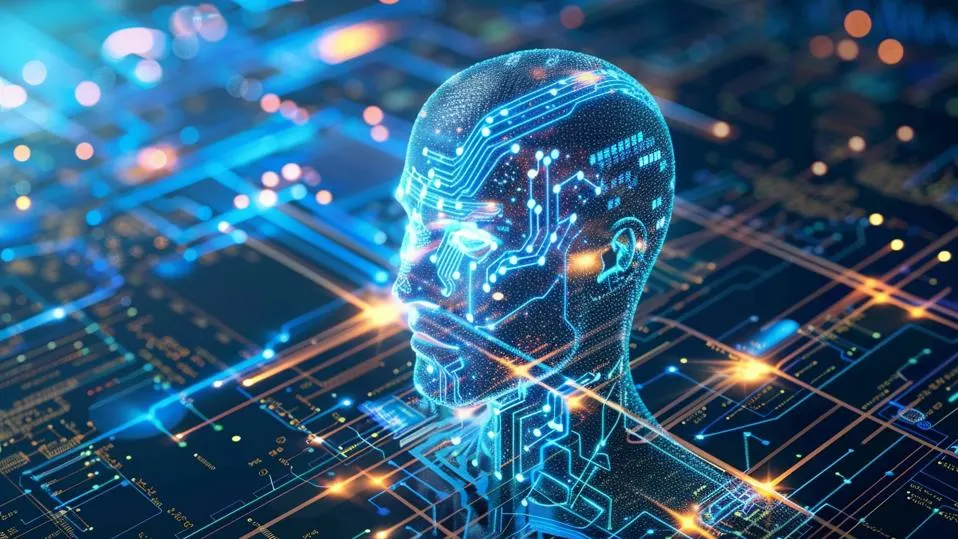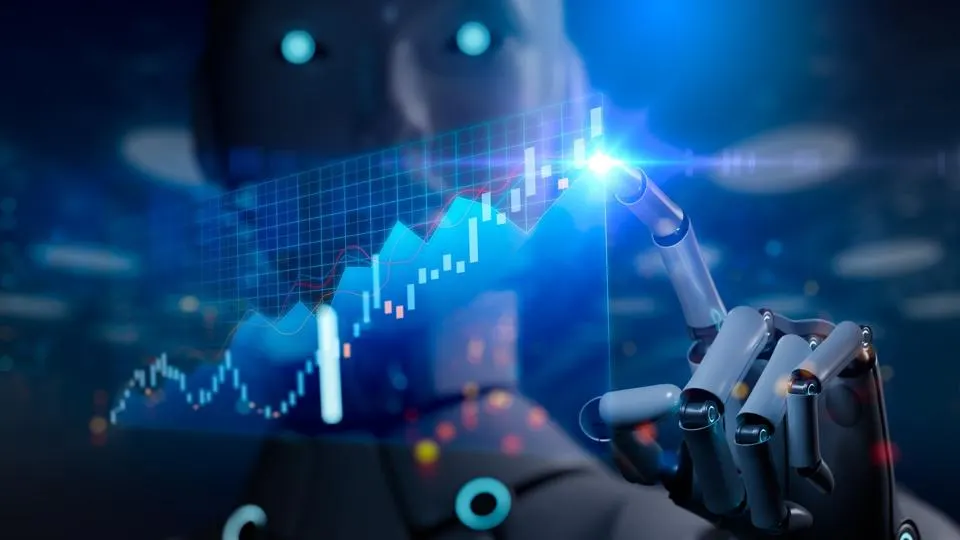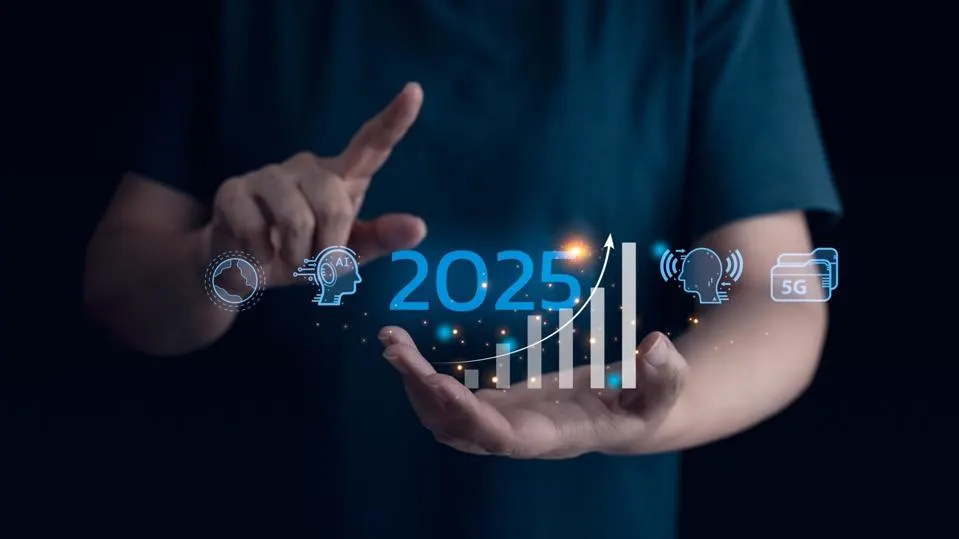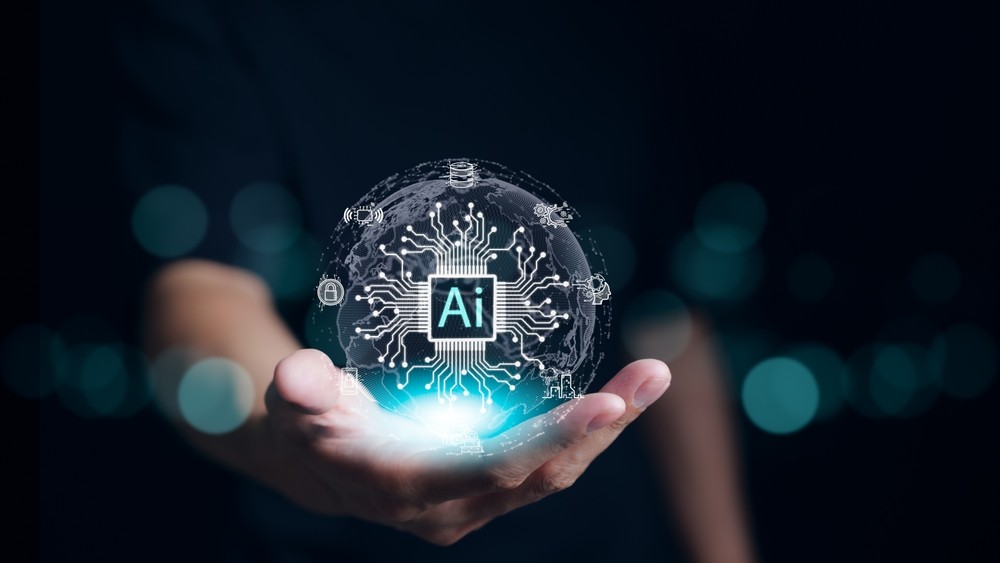What Jobs Will AI Replace First?
27 June 2024
Artificial intelligence is no longer a futuristic concept; it’s a reality that is transforming industries and reshaping the job market at an unprecedented pace. While AI offers tremendous benefits in terms of efficiency and productivity, it also poses a significant threat to certain types of jobs. In this article, we will explore which jobs AI is likely to replace first, focusing on roles that involve routine, structured tasks easily automated by intelligent systems.

Data Entry and Administrative Tasks
One of the first job categories in AI's crosshairs is data entry and administrative tasks. AI excels in processing and organizing vast amounts of data quickly and with precision, making roles centered around data entry, document scanning, and information sorting highly vulnerable. These tasks are repetitive and rule-based, ideal candidates for automation. Intelligent systems can input, organize, and manage data more efficiently than humans, reducing errors and freeing up time for employees to focus on more complex activities.
Customer Service
The customer service sector is undergoing a major transformation thanks to AI-powered chatbots and virtual assistants. These technologies can handle customer inquiries, bookings, and support issues with remarkable efficiency, providing round-the-clock service and instant responses. While human empathy and complex problem-solving skills are still valuable, many basic customer service roles are at risk. AI can manage high-volume queries, offer personalized assistance, and even handle complaints, reshaping traditional customer service roles and reducing the need for large call center teams.
Manufacturing And Assembly Line Jobs
In the manufacturing sector, AI and robotics have become indispensable, particularly for repetitive physical tasks. Robots equipped with AI can perform tasks such as assembling products, welding, and packaging with greater precision and efficiency than humans. These systems are especially beneficial in high-volume production settings, where they can work tirelessly without breaks, reducing costs and increasing productivity. As a result, many manufacturing and assembly line jobs are being replaced by automated systems.
Retail Checkouts
Retail checkouts are another area where AI is making significant inroads. Automated checkouts and self-service kiosks are becoming increasingly common in supermarkets and retail stores, reducing the need for human cashiers. These systems can handle transactions independently, manage inventory, and even offer personalized shopping experiences. The convenience and efficiency of automated checkouts are driving their adoption, which in turn is leading to a decline in traditional cashier roles.
Basic Analytical Roles
Basic analytical jobs, such as simple financial analysis or report generation, are also moving toward automation. AI systems can process large datasets, identify trends, and generate reports with greater speed and accuracy than humans. These capabilities are particularly useful for tasks that involve routine data analysis, such as generating financial summaries, market reports, or performance metrics. As AI continues to improve, more basic analytical roles will be automated, shifting the demand toward more complex and strategic analytical tasks.
Entry-Level Graphic Design
Graphic design is not immune to the AI revolution. AI tools are now capable of producing basic design elements, automating simple graphic design tasks that once required human designers. These tools can create logos, social media posts, and even website layouts, providing quick and cost-effective solutions for businesses. While AI-generated designs may lack the creative flair and uniqueness of human designers, they are sufficient for many basic design needs, putting entry-level graphic design jobs at risk.
Translation
The field of translation is being significantly impacted by AI, with automated translation services becoming increasingly sophisticated. AI-powered translators can handle multiple languages and provide real-time translation services, making them a cost-effective alternative to human translators. While a nuanced understanding of language and cultural context still requires human expertise, entry-level translation jobs that involve straightforward text translation are particularly vulnerable to automation.
Corporate Photography
Corporate photography is another area where AI is making strides. Basic photography tasks, such as taking straightforward shots for corporate websites or events, can now be automated with generative AI. These systems can adjust lighting, framing, and even editing, producing high-quality images with minimal human intervention. While complex and creative photography still requires human talent, routine corporate photography tasks are increasingly being handled by AI.
Embracing Change And Adapting
The trends discussed above suggest significant shifts in the job market as AI continues to advance. While AI may replace certain roles, it also opens up new opportunities in sectors that demand complex decision making, emotional intelligence, and creative skills—attributes that AI cannot replicate. Understanding these trends is crucial for future workforce preparation. Education and training will need to adapt to help people transition to roles where human expertise remains irreplaceable.
As AI continues to evolve, it’s essential to embrace change and develop skills that complement rather than compete with intelligent systems. By focusing on areas where human creativity, empathy, and complex problem-solving are paramount, we can ensure a harmonious coexistence with AI, paving the way for a future where technology enhances rather than replaces human potential.
Related Articles
The Simple ChatGPT Trick That Will Transform Your Business AI Interactions
I believe ChatGPT and other generative AI tools can help pretty much any business.[...]
The Third Wave Of AI Is Here: Why Agentic AI Will Transform The Way We Work
The chess pieces of artificial intelligence are being dramatically rearranged. While previous iterations of AI focused on making predictions or generating content, we're now witnessing the emergence of something far more sophisticated: AI agents that can independently perform complex tasks and make decisions.[...]
How Generative AI Will Change Jobs In Cybersecurity
Ensuring robust cybersecurity measures are in place is more important than ever when it comes to protecting organizations and even governments and nations from digital threats.[...]
The 10 Most Important Banking And Financial Technology Trends That Will Shape 2025
As technological disruption and economic uncertainty continue to reshape the financial landscape, alongside dramatic shifts in consumer behavior and regulatory requirements, 2025 promises to be both challenging and opportunistic for banking and financial services.[...]
The 6 Most Powerful AI Marketing Trends That Will Transform Your Business In 2025
The quiet hum of AI servers is rapidly drowning out the traditional drumbeat of marketing departments worldwide.[...]
AI Everywhere – Scaling AI In The Cloud With Intel® Xeon®6
Today, the omnipresent AI that we’re starting to take for granted has become a critical tool for business.[...]
Sign up to Stay in Touch!
Bernard Marr is a world-renowned futurist, influencer and thought leader in the fields of business and technology, with a passion for using technology for the good of humanity.
He is a best-selling author of over 20 books, writes a regular column for Forbes and advises and coaches many of the world’s best-known organisations.
He has a combined following of 4 million people across his social media channels and newsletters and was ranked by LinkedIn as one of the top 5 business influencers in the world.
Bernard’s latest book is ‘Generative AI in Practice’.










Social Media